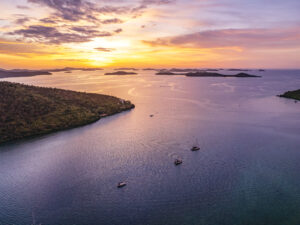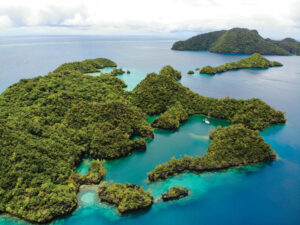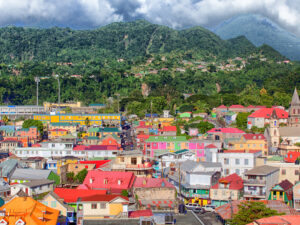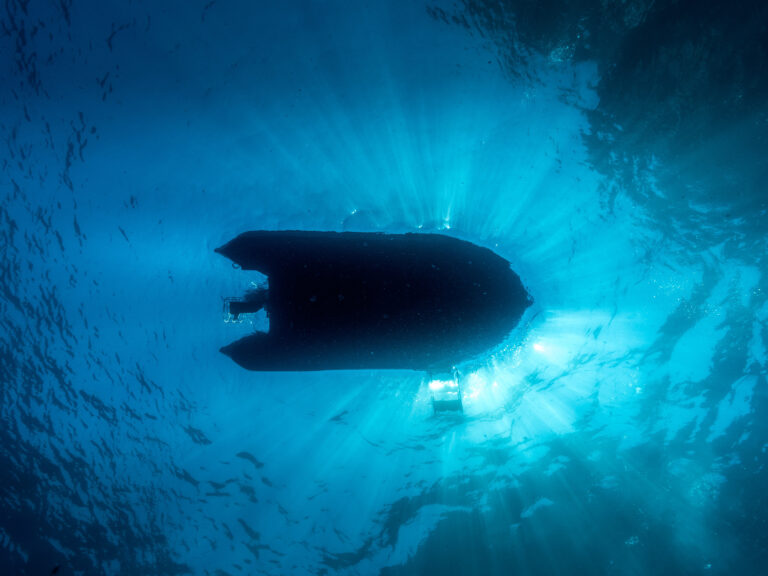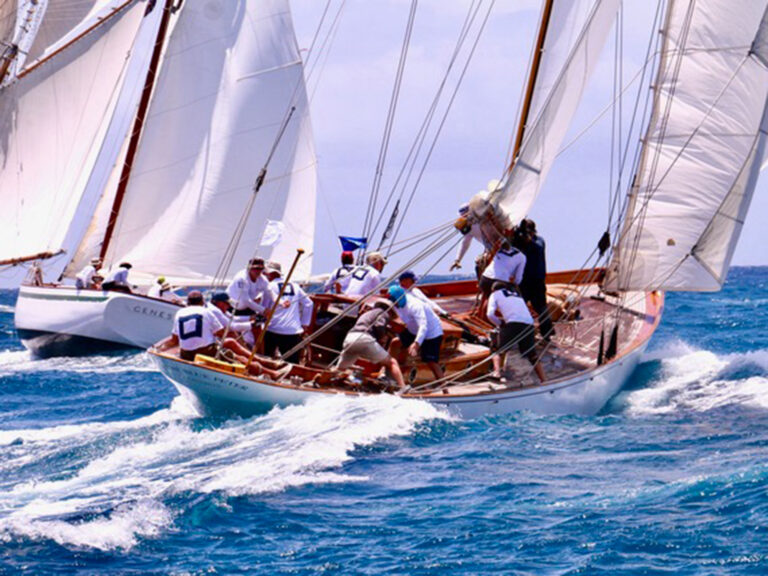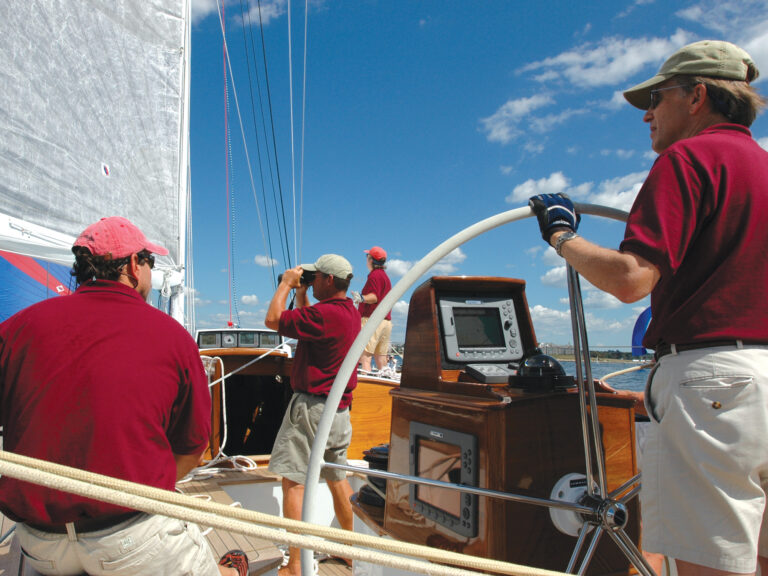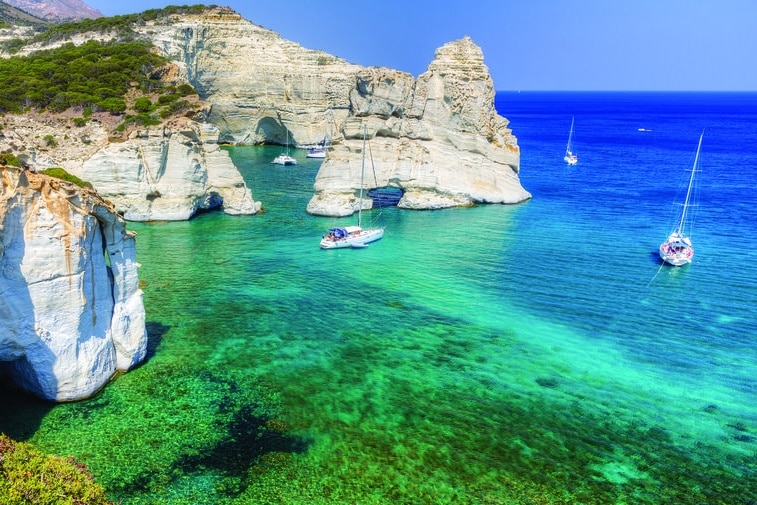
Greece boasts thousands of islands, spread across an enormous geographical area stretching from the Aegean to the Ionian sea. Four of Greece’s five island groups are prime charter areas: the Cyclades, the Saronic Islands, the Ionian Islands and the Dodecanese. Each group has its own unique character. In all of them, you can visit the more popular places, opt to sail off the beaten track, or do a bit of both. Everywhere, archaeological and geological attractions abound. Unless you have 10 to 14 sailing days, focus on one island group.
The Cyclades are Greece’s most popular islands. Beginning 45 miles from Athens and stretching south and east, they’re classically Greek: soaring above the deep-blue sea in the Aegean’s center, adorned with white stucco houses and windmills. Itineraries are diverse, from bustling towns and nightlife on Mykonos, Paros and Ios, to the vistas of Santorini, to the tranquility of islands like Folegandros and Amorgos. The ancient city on Delos is comparable to Pompeii. On Milos (where the Venus de Milo was discovered), geological attractions are breathtaking. Throughout the Cyclades, pristine white beaches abound.
Saronic Islands
The Saronic Islands begin about 25 miles from Athens, nestled between there and the Peloponnese Peninsula. They are clustered fairly close together; charters usually include at least one mainland port. Itineraries can include busy, picture-perfect islands like Hydra; Poros or Aegina for nightlife; quieter harbors in the hamlets of the Peloponnese; or a visit to the ancient harbor and theater at Epidaurus. While beaches aren’t as plentiful as in the Cyclades, there are plenty of excellent places to swim.
Ionian Islands
The Ionian Islands, stretching along Greece’s west coast, lie 200 miles from Athens. Known as the “Greek Caribbean,” the islands rise lushly from an aquamarine sea. Houses have a Venetian flair. Here you’ll discover the famous island of Ithaka, alleged isle of Odysseus, and Corfu, which inspired writers like Shakespeare (The Tempest) and brothers Lawrence and Gerald Durrell (Prospero’s Cell and My Family and Other Animals). There are many good beaches, and the snorkeling is some of the best you’ll find in Greece.
The Dodecanese
The Dodecanese island group lies along the west coast of Turkey in the eastern Aegean. Classic white stucco on some islands contrasts with Venetian- and Turkish-influenced architecture on others; there are bustling town hubs as well as secluded anchorages. From Patmos in the north to Rhodes in the south, there are many attractions, including the site where St. John is said to have written The Apocalypse (Patmos); a slumbering volcano (Nisyros); and the Castle of the Knights of St. John (Rhodes), to name a few.
Whichever island group you choose, your charter company will provide itinerary options and suggestions. Following the wind is up to you!
What to know if you go
Climate: Warm but seasonal. In summer, sunny skies prevail. Best sailing months are May through October.
Winds: Vary according to area. Cyclades: often strong; Saronics: more moderate, sheltered by the mainland; Ionian: generally lighter; Dodecanese: more moderate, sheltered by the Turkish mainland. Throughout the season, very strong fair-weather winds called the meltemi are possible and are usually more frequent in July and August.
Sailing Level: Can be challenging, especially in the Cyclades. There are few aids to navigation; most hazards are not marked. Bareboat skippers need solid sailing and navigational experience and familiarity with Med mooring. A captain’s license or notarized sailing resume may be required by some companies.
Lynda Morris Childress and her husband charter their Atlantic 70 cutter, Stressbuster, throughout the Greek Islands.


